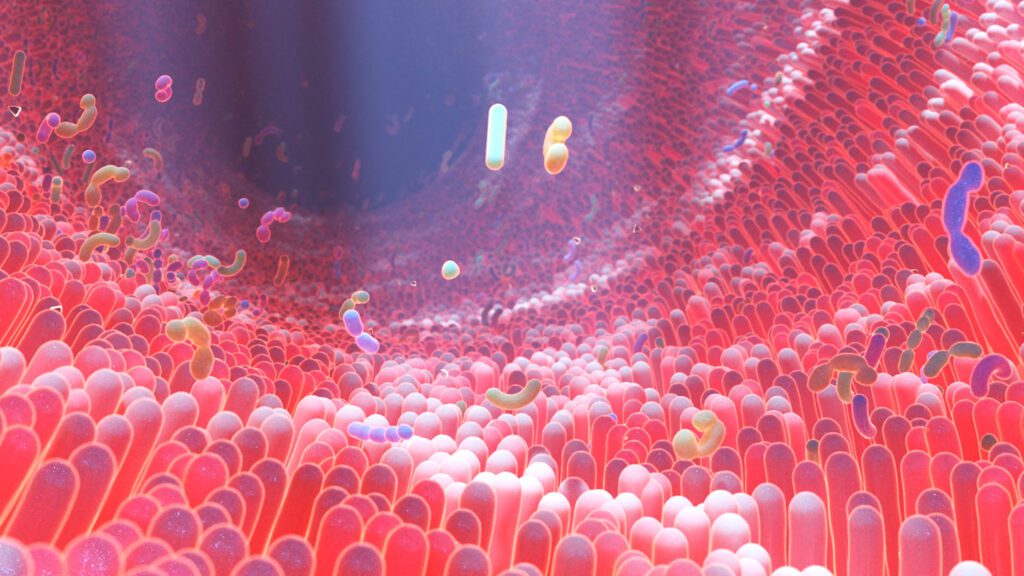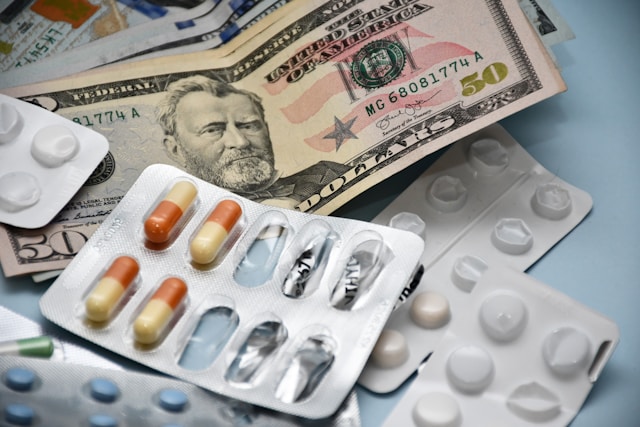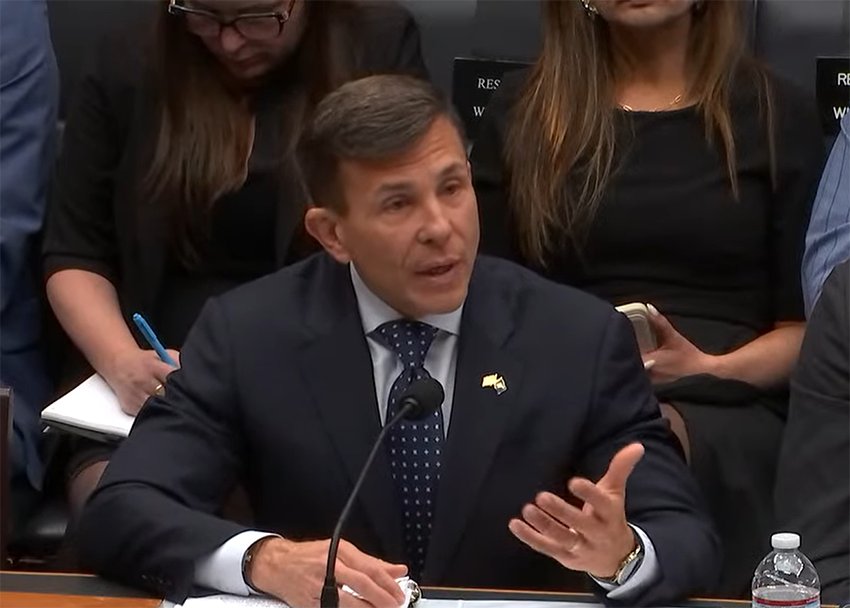The human microbiome is a frontier charged with the potential to revolutionize health and medicine. The latest episode of the I am BIO Podcast, released March 12, 2024, delved into the microbiome, featuring conversations with pioneers at the forefront of microbiome research and therapeutic development.
Spencer Diamond, Principal Investigator at UC Berkeley’s Innovative Genomics Institute, offers a primer on microbiomes, describing them as “collections of microorganisms that interact and live pretty much everywhere.”
These communities are not just omnipresent but pivotal to our health, immunity, and, by extension, survival.
“Microbiomes are really just collections of microorganisms that interact and live pretty much everywhere,” says Diamond.
Innovations in human microbiome research and therapy
Diamond uses CRISPR to target specific microbiome components, a strategy that could unveil new drugs by revealing the consequences of altered or missing microbiome elements. This approach is likened to editing a complex ecosystem with precision tools, offering a glimpse into the future of personalized medicine where interventions could be tailored to individual microbiome profiles.
Bloom Science, represented by CEO Christopher Reyes, is a testament to the therapeutic potential rooted in microbiome understanding. By reverse-engineering the ketogenic diet, known for its efficacy in treating epilepsy, Reyes and his team aim to develop novel treatments that harness the gut-brain axis.
“Our lead program is actually a reverse engineering of the ketogenic diet,” he said, highlighting the innovative approach to drug discovery that starts with known, effective interventions and works backward to understand the microbiome’s role.
The human microbiome and AMR
Eric Shaff, President and CEO of Seres Therapeutics, discusses tackling antimicrobial resistance (AMR) with microbiome science. The first Food and Drug Administration-approved microbiota product to fight C. difficile infections represents a significant advance.
Shaff explains the rationale behind focusing on the microbiome for therapeutic development. “The idea or the notion that bacteria or the ecosystem of bacteria in our bodies is absolutely essential for human health, and disruptions to that healthy ecosystem – or what we call a dysbiosis of that ecosystem – could be correlated or connected to disease…was kind of a novel concept,” he says.
The episode not only highlights the technical and scientific achievements in the field but also reflects on the broader implications of this work. Theresa Brady of the Biotechnology Innovation Organization (BIO) wraps up the discussion by emphasizing the microbiome’s potential to “advance science and create a better future for patients.” This sentiment is echoed by the experts who share not only their knowledge but also their hope for the microbiome’s role in future breakthroughs.
Listen to the entire episode at www.bio.org/podcast or wherever you get your podcasts.




